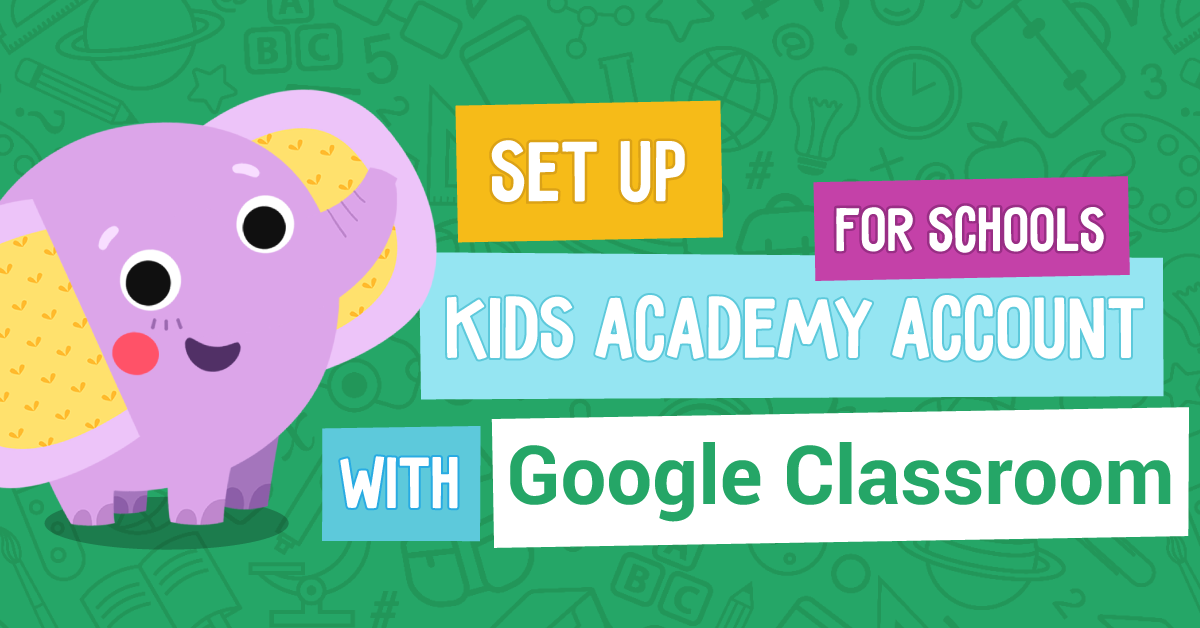Normal Alphabet Worksheets Activities With Answers for 3-Year-Olds
2 filtered results
-
From - To


Phonological Awareness: Assessment 1 Worksheet


Phonics and Word Recognition: Assessment 1 ELA Worksheet
Normal Alphabet Worksheets Activities with Answers are an invaluable resource in the educational journey of young learners. These activities are meticulously designed to introduce children to the foundational blocks of the English language, nurturing their literacy skills from an early age. The inclusion of answers further enhances the learning experience, offering immediate feedback that is crucial for reinforcing knowledge and correcting misunderstandings.
The utility of Normal Alphabet Worksheets Activities lies in their structured approach towards learning. By breaking down the alphabet into manageable segments, children can focus on mastering one letter at a time. This gradual progression builds confidence and ensures a solid understanding of each letter's form, sound, and its place within words. The activities are varied and engaging, often combining visual cues with writing exercises that cater to different learning styles, making the process more enjoyable and effective.
Moreover, the provision of answers empowers learners to self-assess their work. This self-assessment is a vital skill in developing autonomy in learning, encouraging students to take charge of their educational journey. It also provides a unique opportunity for immediate correction, helping to solidify knowledge and prevent the entrenchment of errors. For educators and parents, the answers serve as a valuable tool for tracking progress and identifying areas that may require additional attention.
Another significant advantage of Normal Alphabet Worksheets Activities with Answers is their adaptability. They can be used in various educational settings, from classrooms to home schooling environments, and are suitable for a wide range of ages and abilities. This versatility ensures that every child can benefit from these resources, regardless of their educational background or learning needs.
In conclusion, Normal Alphabet Worksheets Activities with Answers are a cornerstone in the development of early literacy. Their structured, engaging, and self-empowering approach not only makes learning the alphabet a more enjoyable experience but also lays down a robust foundation for future academic success.

 Assign to the classroom
Assign to the classroom












